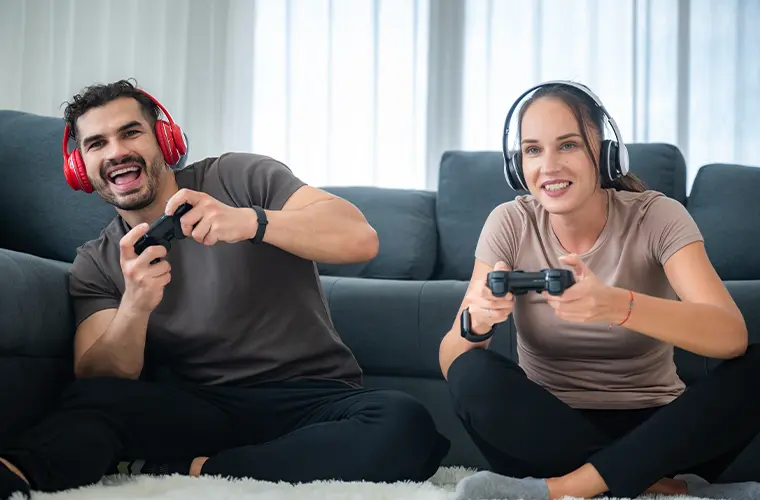In 2025, gaming is more than just a pastime—it’s a lifestyle, a community, and for some, a career. As gaming culture thrives, so does the conversation around its impact on mental health. Like any powerful tool, gaming has both benefits and risks, and understanding this balance is key.
Mental Health Benefits of Gaming
Contrary to outdated stereotypes, gaming can offer real psychological benefits. Cooperative and competitive games enhance cognitive function, encourage problem-solving, and build social connection. Multiplayer games can ease loneliness, reduce stress, and even help manage anxiety by offering structured challenges and a sense of progress.
The Risks of Excessive Play
However, excessive gaming can lead to isolation, poor sleep, emotional dysregulation, and a sedentary lifestyle. Gaming disorder is now recognized by the World Health Organization, marked by a loss of control and neglect of other life responsibilities.
Mindful Gaming: Striking a Healthy Balance
Like any hobby, balance is key. Gamers should set healthy boundaries—like limiting screen time, taking breaks, and ensuring gaming doesn’t interfere with relationships, school, or work. Parents and caregivers should stay involved, choosing age-appropriate content and encouraging offline activities.
The Rise of Games for Mental Wellness
In recent years, developers have created games specifically designed to support mental health. These include mindfulness apps, story-driven games that explore emotional themes, and even VR-based therapy tools used by clinicians. Gaming, when used intentionally, can be a powerful support tool for emotional regulation and mental clarity.
